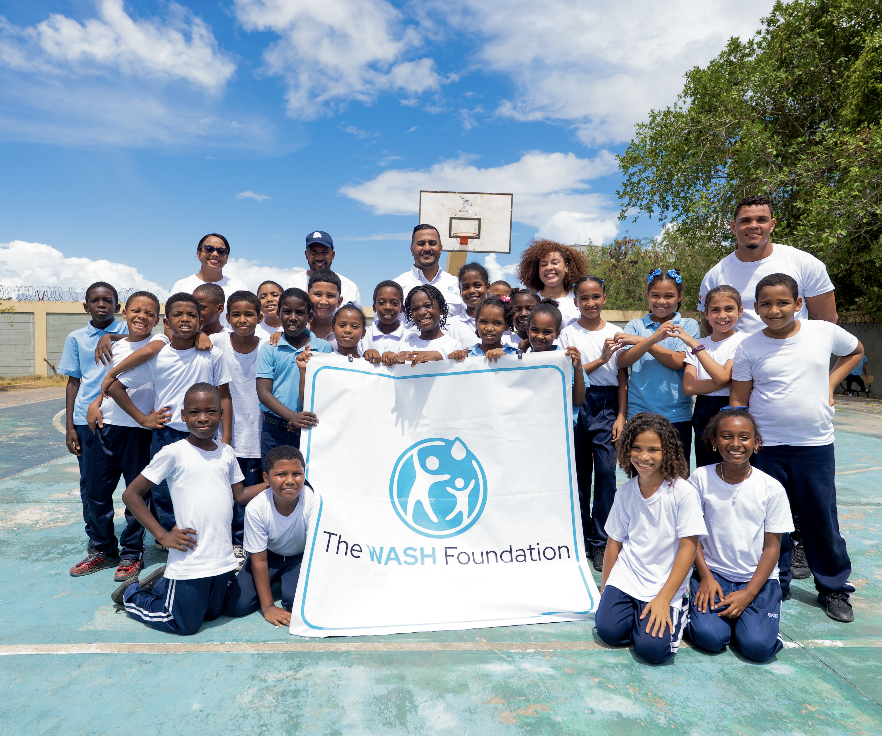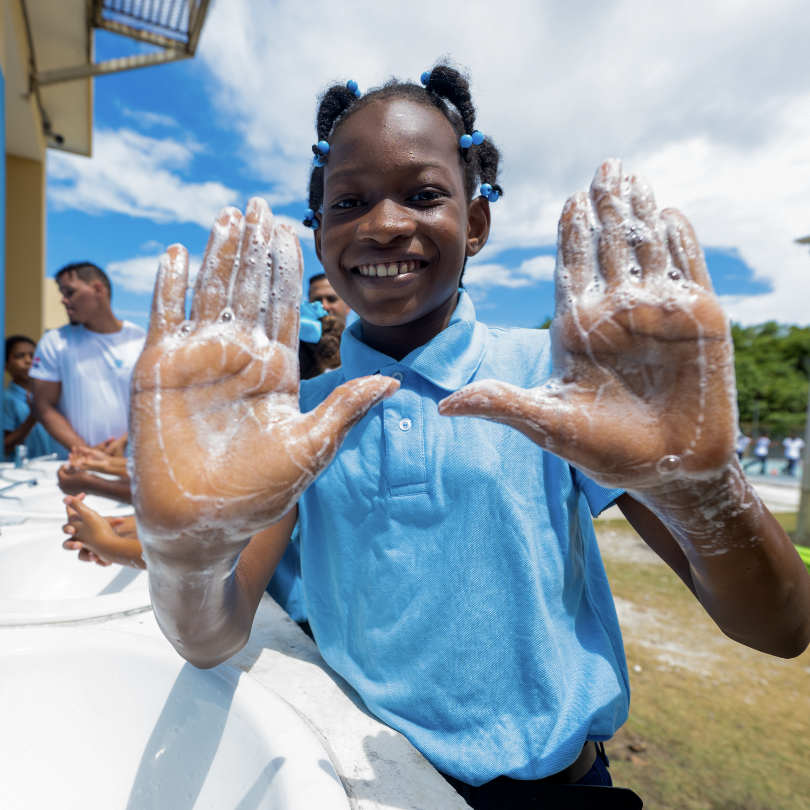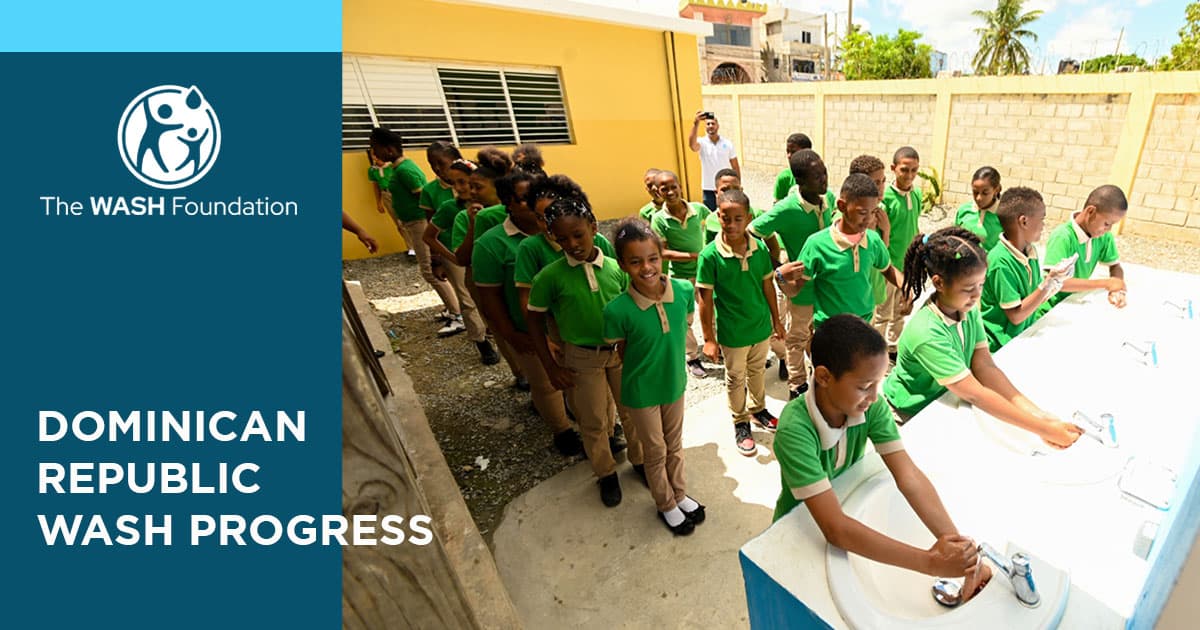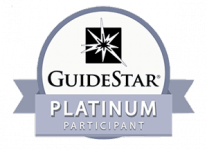Safe Water and Hygiene: Latest Statistics
UNICEF’s recent national evaluation finds that only 45 percent of households in the Dominican Republic have access to safely managed water, meaning water free from E. coli and reliably available at home. This shortfall directly affects daily health and learning for children and families. The country has seen a 20 percent decrease in newborn mortality due to upgraded infection prevention and expanded neonatal care in regional hospitals, confirming the public health power of partnership.
Dominican-Led WASH Solutions
Across the country, educators, nurses, and community leaders are advancing progress in real time. The WASH Foundation, under the direction of our local leaders like Eduardo Cameron and Susan Rosendo Mercedes, has expanded WASH-in-Schools programming to more than 28 schools in collaboration with CAWST, the Ministry of Education, and partner NGOs. Hands-on training in August brought together 27 educators, government officials, and NGO partners, with sessions focused on facilitation skills, menstrual hygiene, and practical lesson development for schools and beyond. Following authorization earlier this year, the Foundation is now actively implementing WASH‑in‑Schools programming across eight new schools in La Altagracia Province, deepening collaboration with Dominican District 12‑01 leadership to strengthen local capacity.

Community Capacity Is the Driver
Dominican partners and The WASH Foundation team are designing, piloting, and continually improving both classroom tools and community interventions in response to findings highlighted by UNICEF, such as barriers to school attendance and adolescent health risks. By incorporating a newly hired WASH Coordinator, the Foundation has deepened its reach, allowing for regular site visits, tailored program delivery, and ongoing feedback loops. All activities are continuously monitored in collaboration with teaching staff and community members, reinforcing shared responsibility and long‑term results driven by local leadership.
Child Health and Education: Results and Gaps
Nationwide, multidimensional child poverty stands at 21.5 percent, rising to 27 percent in rural regions, with nearly 5 percent of children living in extreme poverty. The WASH Foundation’s activities, such as the repair of 64 sinks and 60 toilets, installation of 20 handwashing stations, and distribution of over 15,000 bars of soap, address these inequities directly. Schools like Pedro Livio Cedeño have achieved recognition for standout WASH engagement, showing that measurable improvements in hygiene infrastructure and student learning can be achieved through strong Dominican leadership and cross-sector collaboration.

Partnership Toward Universal Access
With nearly 22 percent of Dominican children in multidimensional poverty, and UNICEF reporting ongoing challenges in water access and education, The WASH Foundation is prioritizing sustainable infrastructure and measurable learning outcomes. The Foundation’s collaborating partners, including government, NGOs, and the private sector, enable the scaling of programs to new schools and high-need regions. In 2025 and beyond, the Foundation will focus on scaling hands-on training, formalizing its regional leadership role, and continuing to build evidence-based, accountable programs. Plans for next year include certifying local trainers, expanding monitoring and evaluation, and fostering knowledge-sharing platforms, all steps designed for outcomes that endure, led by and for Dominican communities.
Collaboration is central: The WASH Foundation and UNICEF’s approaches build on mutual trust, evidence, and sustainable scaling of programs. By prioritizing Dominican expertise, tracking program outcomes, and inviting regular feedback, both organizations ensure that interventions match local needs and drive sustainable progress toward universal water, sanitation, and hygiene.
All Dominican Republic health and WASH statistics cited are drawn from UNICEF Dominican Republic Annual Report 2024 (February 2025).
Source:
United Nations Children’s Fund (UNICEF). (2025). UNICEF Dominican Republic Annual Report 2024. UNICEF, New York.


